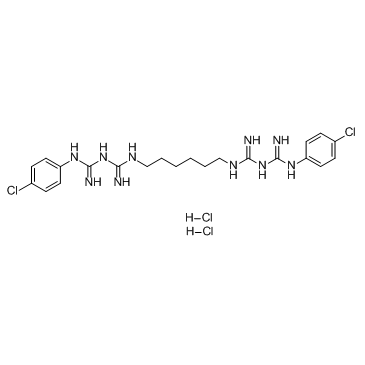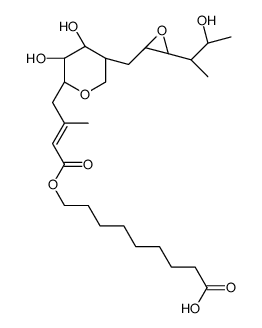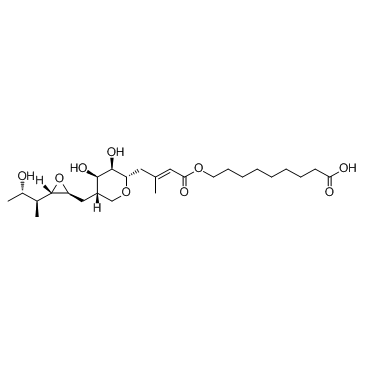New England Journal of Medicine
2013-06-13
Targeted versus universal decolonization to prevent ICU infection.
Susan S Huang, Edward Septimus, Ken Kleinman, Julia Moody, Jason Hickok, Taliser R Avery, Julie Lankiewicz, Adrijana Gombosev, Leah Terpstra, Fallon Hartford, Mary K Hayden, John A Jernigan, Robert A Weinstein, Victoria J Fraser, Katherine Haffenreffer, Eric Cui, Rebecca E Kaganov, Karen Lolans, Jonathan B Perlin, Richard Platt
文献索引:N. Engl. J. Med. 368(24) , 2255-65, (2013)
全文:HTML全文
摘要
Both targeted decolonization and universal decolonization of patients in intensive care units (ICUs) are candidate strategies to prevent health care-associated infections, particularly those caused by methicillin-resistant Staphylococcus aureus (MRSA).We conducted a pragmatic, cluster-randomized trial. Hospitals were randomly assigned to one of three strategies, with all adult ICUs in a given hospital assigned to the same strategy. Group 1 implemented MRSA screening and isolation; group 2, targeted decolonization (i.e., screening, isolation, and decolonization of MRSA carriers); and group 3, universal decolonization (i.e., no screening, and decolonization of all patients). Proportional-hazards models were used to assess differences in infection reductions across the study groups, with clustering according to hospital.A total of 43 hospitals (including 74 ICUs and 74,256 patients during the intervention period) underwent randomization. In the intervention period versus the baseline period, modeled hazard ratios for MRSA clinical isolates were 0.92 for screening and isolation (crude rate, 3.2 vs. 3.4 isolates per 1000 days), 0.75 for targeted decolonization (3.2 vs. 4.3 isolates per 1000 days), and 0.63 for universal decolonization (2.1 vs. 3.4 isolates per 1000 days) (P=0.01 for test of all groups being equal). In the intervention versus baseline periods, hazard ratios for bloodstream infection with any pathogen in the three groups were 0.99 (crude rate, 4.1 vs. 4.2 infections per 1000 days), 0.78 (3.7 vs. 4.8 infections per 1000 days), and 0.56 (3.6 vs. 6.1 infections per 1000 days), respectively (P<0.001 for test of all groups being equal). Universal decolonization resulted in a significantly greater reduction in the rate of all bloodstream infections than either targeted decolonization or screening and isolation. One bloodstream infection was prevented per 54 patients who underwent decolonization. The reductions in rates of MRSA bloodstream infection were similar to those of all bloodstream infections, but the difference was not significant. Adverse events, which occurred in 7 patients, were mild and related to chlorhexidine.In routine ICU practice, universal decolonization was more effective than targeted decolonization or screening and isolation in reducing rates of MRSA clinical isolates and bloodstream infection from any pathogen. (Funded by the Agency for Healthcare Research and the Centers for Disease Control and Prevention; REDUCE MRSA ClinicalTrials.gov number, NCT00980980).



